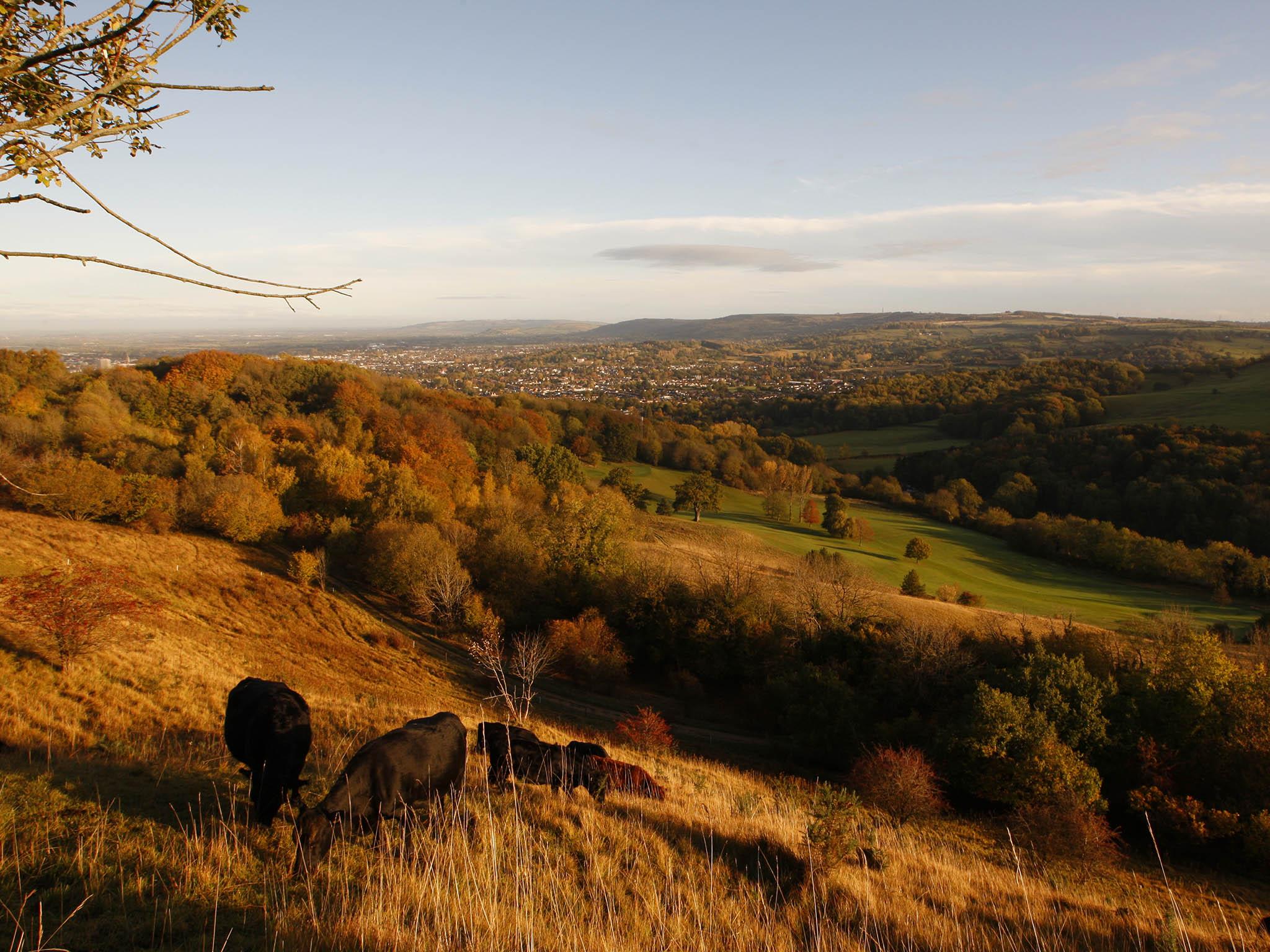145 MPs pledge to make UK greenest country in world after Brexit
‘We’ll need to value our air, water and wildlife properly and strengthen our efforts to protect them, across political divides and across the country,’ says Conservative MP

Your support helps us to tell the story
From reproductive rights to climate change to Big Tech, The Independent is on the ground when the story is developing. Whether it's investigating the financials of Elon Musk's pro-Trump PAC or producing our latest documentary, 'The A Word', which shines a light on the American women fighting for reproductive rights, we know how important it is to parse out the facts from the messaging.
At such a critical moment in US history, we need reporters on the ground. Your donation allows us to keep sending journalists to speak to both sides of the story.
The Independent is trusted by Americans across the entire political spectrum. And unlike many other quality news outlets, we choose not to lock Americans out of our reporting and analysis with paywalls. We believe quality journalism should be available to everyone, paid for by those who can afford it.
Your support makes all the difference.Thirteen major environmental organisations with a combined membership of nearly eight million have described Brexit as a “once-in-a-generation opportunity” to make the UK the greenest country in the world.
The coalition of groups, including the RSPB, WWF, National Trust, Friends of the Earth and Greenpeace, also revealed the findings of a poll which showed 80 per cent of people backed the same or stronger environmental protections as currently exist, many of which are European Union regulations.
Some 145 MPs, from both sides of Parliament, have also signed up to the “Greener UK” pledge amid concerns that leaving the EU will leave to a “bonfire” of environmental regulations.
Earlier this week the pro-Brexit Tory MP Jacob Rees-Mogg suggested the UK could cut such standards “a very long way”. While one of Theresa May’s first acts as Prime Minister was to scrap the dedicated Climate Change department, Environment Secretary Andrea Leadsom has pledged that the Government’s ambition is for this “to be the first generation to leave our environment better than we found it since the Industrial Revolution”.
As the Greener UK campaign was launched, Dr Mike Clarke, the Royal Society for the Protection of Birds’ chief executive, said: “Now more than ever, the natural environment is at risk, both at home and overseas.
“The Greener UK coalition believes we have a once-in-a-generation opportunity to ensure that we protect and enhance the UK’s natural environment and wildlife, reduce our footprint on the global environment and build a healthy and prosperous future for all.
“The negotiations on our future following the EU referendum must provide the impetus we need to protect and secure our country and our planet for future generations.”
Among the MPs backing the campaign was Conservative Kit Malthouse, who said Brexit would be “a defining moment for the environment”.
“The Government’s ambition to restore our natural world for the next generation means we’ll need to value our air, water and wildlife properly and strengthen our efforts to protect them, across political divides and across the country, from inner city to countryside and coast,” he said.
“I’m delighted to welcome the Greener UK coalition, bringing together the support of millions of people who want us to invest in nature for the next generation.”
And Sam Hall, a researcher at the right-of-centre think tank Bright Blue, said: “Britain needs a green Brexit. As well as ensuring existing environmental protections remain in place, the Government should be ambitious about the opportunity to improve and enhance the UK’s environment post-Brexit.
“One area for increased ambition is air pollution. Last year, the UK failed to comply with the current limits, which are set by the EU, in 40 per cent of local authority areas. These limits must be complied with, by enabling all cities to set up low emission zones in pollution hotspots.
“As there is strong medical evidence that current EU limits are insufficient to protect public health, the Government should also look to strengthen them so the UK can become a global leader in clean air.”
According to some estimates, some 40,000 people a year die prematurely because of air pollution, mainly caused by fossil fuel emissions.
Labour MP Lisa Nandy said: “The UK’s environment will be hugely affected by the upcoming EU negotiations and the Government must ensure it keeps our commitments to protect our environment for future generations.”
The MPs who signed the pledge agreed to do everything in their power:
- to establish the UK as a world leader on the environment by matching or exceeding current environmental, wildlife and habitat protections
- ensure that the UK leads on climate action
- create a countryside richer in nature by supporting farmers and landowners to deliver environmental benefits alongside a thriving farming sector.
In the poll, 38 per cent of respondents believed environmental protections should be maintained at the same level after Brexit while 42 per cent said they should be increased.
However a significant minority, 27 per cent, believed nature in the UK would be damaged following Britain’s exit from the EU.
The other groups in the Greener UK coalition are: the Campaign for Better Transport, ClientEarth, Campaign to Protect Rural England, E3G, Green Alliance, the Wildfowl and Wetlands Trust, The Wildlife Trusts and the Woodland Trust.
WWF’s Living Planet Report 2016 found that by 2020 vertebrate animal populations are expected to have declined by 67 per cent since 1970.
The State of Nature Report for the UK found 15 per cent of the country’s native species were under threat of extinction, and 53 per cent were in decline.
Join our commenting forum
Join thought-provoking conversations, follow other Independent readers and see their replies
Comments